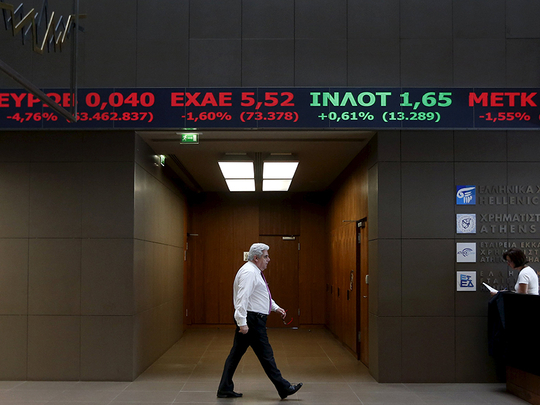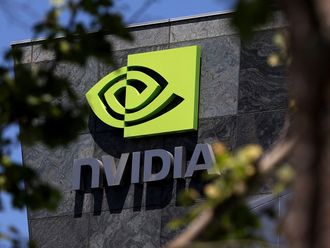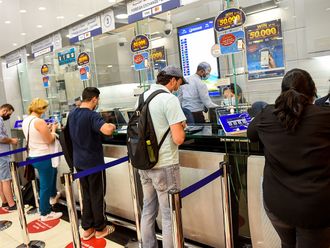
Bangkok, London: Emerging-market stocks retreated from a one-month high as the euphoria surrounding the Federal Reserve’s decision to hold rates faded and concerns about a slowdown in global growth returned.
Lukoil PJSC paced losses for Russian oil producers on speculation the government may raise taxes on crude to plug a budget shortfall. Brent crude advanced for the first time in three days, helping the ruble add 0.3 per cent versus the dollar. Greek stocks slid after Alexis Tsipras and his party Syriza won the country’s second election in eight months.
The MSCI Emerging Markets Index tumbled 1.5 per cent to 817.26 at 12:11 pm in London, the most since September 4, and emerging currencies retreated for a second day. Federal Reserve Chair Janet Yellen highlighted China’s slowing economy and financial market turmoil when she left borrowing costs near zero last week. Three Fed policy makers over the weekend separately argued that an interest-rate increase is still warranted this year. A preliminary Chinese manufacturing report on Wednesday may signal a contraction, according to estimates compiled by Bloomberg.
“Dislike of uncertainty is overriding a like of low rates,” Tony Hann, a London-based money manager at Blackfriars Asset Management, which oversees about $350 million (Dh1.28 billion), said by e-mail. “Emerging markets will trade nervously as investors await the Fed’s next decision and further macro news from China.”
Cheaper equities
MSCI’s developing-markets index has fallen 15 per cent this year and trades at 10.8 times projected 12-month earnings, a 28 per cent discount to the MSCI World Index, according to data compiled by Bloomberg. The premium investors demand to own emerging-market debt over US Treasuries narrowed four basis points to 380, according to JPMorgan Chase & Co. indexes.
All 10 industry groups in the emerging-stocks measure fell. Lukoil dropped 2.2 per cent and OAO Rosneft lost 0.6 per cent as the Micex Index slid 0.2 per cent, retreating for a third day in Moscow. Officials have started talks with oil companies about changing at least an extraction-tax formula, a person with knowledge of the discussions said September 18.
Russia, reliant on oil and gas for about half its budget earnings, is struggling with its first recession in six years after crude prices shrank by 50 per cent in 12 months and sanctions over its actions in Ukraine restricted borrowing. The ruble added 0.7 per cent, its first gain versus the dollar in three days, as Brent crude rose.
Greek vote
The benchmark ASE Index lost 0.8 per cent in Athens, while the yield on Greece’s 10-year bonds rose five basis points to 8.28 per cent. Syriza, which took 35.5 per cent of the vote, will enter a coalition with the same small party that helped it rule before. Tsipras had stepped down on August 20, seeking a fresh mandate after causing political turmoil before finally signing a third aid agreement with Greece’s creditors.
Hong Kong’s Hang Seng China Enterprises Index slid 1.3 per cent. The Shanghai Composite Index rose 1.9 per cent as President Xi Jinping headed to the US for his first state visit. During Xi’s visit from September 22-25, China and the US are expected to reach agreements on trade, energy, climate, finance, aviation, defence and infrastructure construction, Foreign Minister Wang Yi said.
Officials will study the feasibility of setting up a London-Shanghai stock trading link and China’s central bank will issue short-term yuan-denominated bonds in the UK for the first time, UK Chancellor George Osborne said at a briefing in Beijing on Monday.











